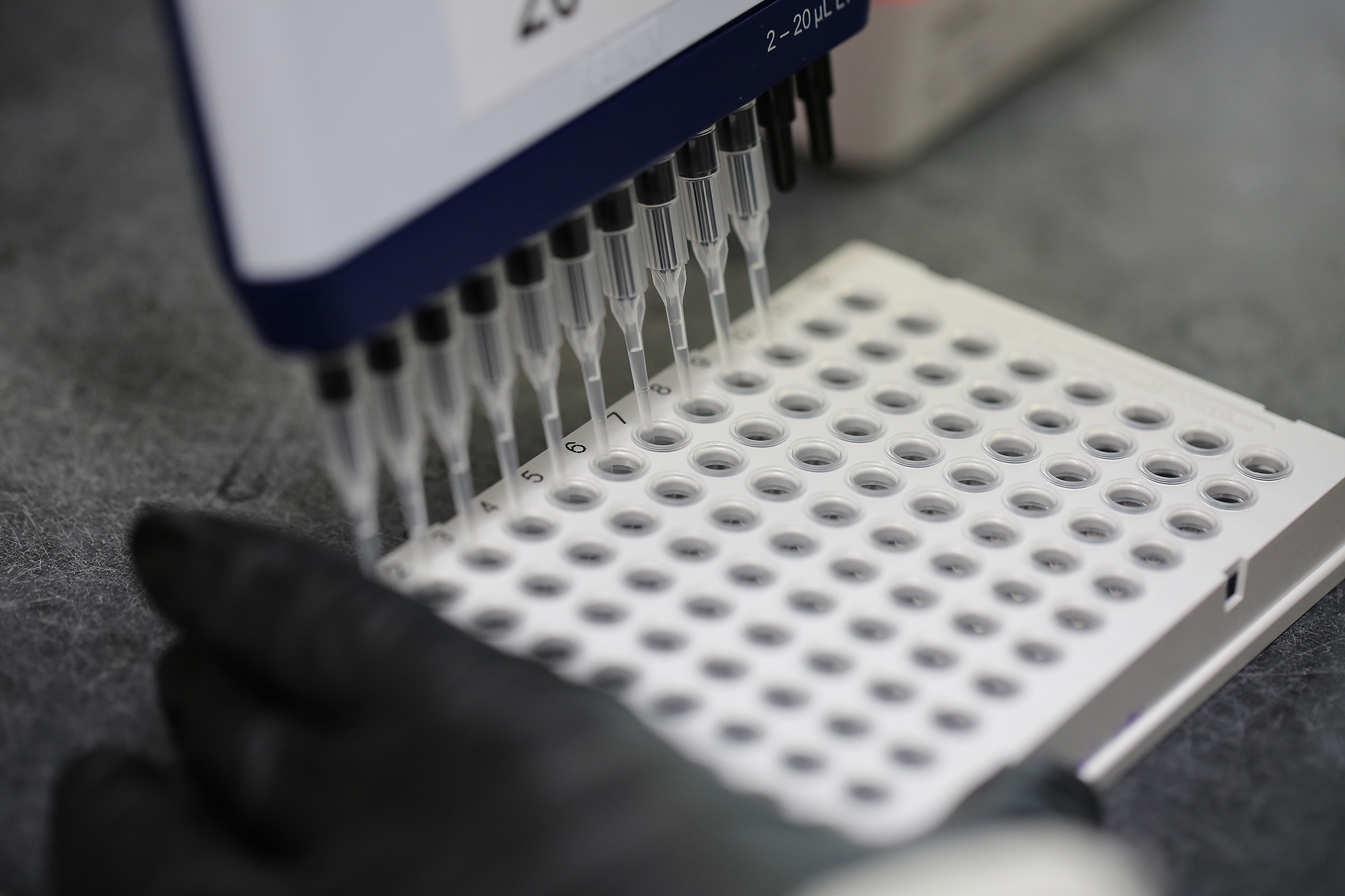| |
 |
|
Diarrheal Diseases
Diarrheal diseases, notably Shigella, are a major source of morbidity among deployed U.S. military and a significant threat to readiness. To that end, BDB aims to develop a safe and effective vaccine against multiple Shigella strains to protect personnel overseas and keep Soldiers in the fight.
|
|
| |
 |
|
MRSN
The MRSN tracks the movement of MDR organisms, serving as the largest DOD library of MDR bacterial isolates. Housing over 60,000 bacterial samples, it processes 500-800 new samples every month from military treatment facilities across the world and provides expert advice for infection control and treatment during suspected outbreaks.
Visit MRSN's Page
|
|